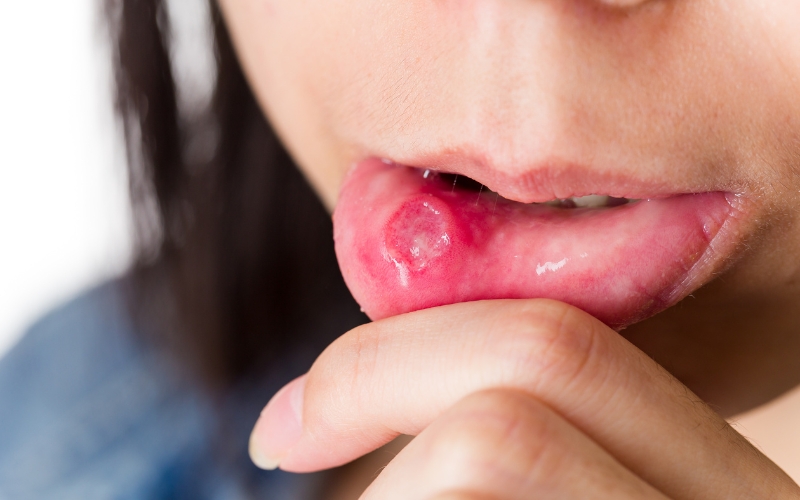Oral hygiene is paramount for overall health as it directly impacts various bodily systems. Neglecting it can lead to severe consequences. Poor oral hygiene allows harmful bacteria to thrive, causing tooth decay, gum disease, and bad breath. Moreover, these oral infections can enter the bloodstream, increasing the risk of cardiovascular diseases, respiratory infections, and diabetes complications. Neglecting oral hygiene also affects psychological well-being, leading to lowered self-esteem and social discomfort. In this article, we shall explore the effects of poor oral hygiene in detail.
The Link Between Oral Hygiene and Overall Well-being
Maintaining oral hygiene isn’t just about a sparkling smile; it’s a cornerstone of overall well-being. The effects of poor oral hygiene extend beyond the mouth and impact systemic health. Gum disease, stemming from neglect, can increase the risk of cardiovascular problems, diabetes complications, and respiratory infections. Chronic inflammation from oral infections can exacerbate existing conditions. Conversely, good oral health habits like regular brushing, flossing, and dental check-ups preserve teeth and safeguard against systemic issues. Recognizing the link between oral hygiene and overall health underscores the importance of prioritizing dental care in daily routines.
The Effects of Poor Oral Hygiene in Your Mouth
1. Tooth Decay: Neglecting oral hygiene allows plaque to accumulate, leading to acid erosion of tooth enamel and eventual decay.
2. Gum Disease: Poor oral hygiene fosters the growth of harmful bacteria, causing inflammation of the gums (gingivitis) and potentially leading to more severe periodontal disease.
3. Halitosis (Bad Breath): Bacteria thrive in the mouth, producing foul-smelling gases when food particles are not adequately removed through brushing and flossing.
4. Tooth Loss: Advanced gum disease and untreated cavities can result in tooth loss, which can impact chewing function and oral health.
5. Oral Infections: Neglecting oral hygiene increases the risk of oral infections such as abscesses, which can cause pain, swelling, and systemic health complications if left untreated.
How Poor Oral Hygiene Affect Your Body?
1. Cardiovascular Health: Bacteria from the mouth can enter the bloodstream through inflamed gums, potentially contributing to the development of heart disease, clogged arteries, and stroke.
2. Diabetes Complications: Poor oral health can make it harder to control blood sugar levels, exacerbating diabetes symptoms and increasing the risk of complications such as kidney disease and nerve damage.
3. Respiratory Infections: Inhaling bacteria from infected teeth and gums can lead to respiratory infections such as pneumonia, particularly in individuals with compromised immune systems.
4. Pregnancy Complications: Gum disease has been linked to premature birth, low birth weight, and other pregnancy complications, highlighting the importance of good oral hygiene during pregnancy.
5. Inflammation and Chronic Conditions: Chronic inflammation from oral infections may contribute to developing or worsening conditions such as rheumatoid arthritis, Alzheimer’s disease, and certain cancers.
Final Words!
In summary, maintaining good oral hygiene isn’t just about preserving a radiant smile; it’s a vital component of overall health and well-being. As highlighted by Lakeshore Family Dental Care, neglecting oral health can have far-reaching consequences, impacting our mouths and entire bodies. A consistent oral hygiene routine is essential, including brushing twice daily, flossing, and regular dental check-ups. By prioritizing our dental care, we safeguard against tooth decay and gum disease and reduce the risk of systemic health issues. Take charge of your health today with Lakeshore Family Dental Care—because a healthy smile starts with you! Schedule your dental appointment with us to reduce the effects of poor oral hygiene.

